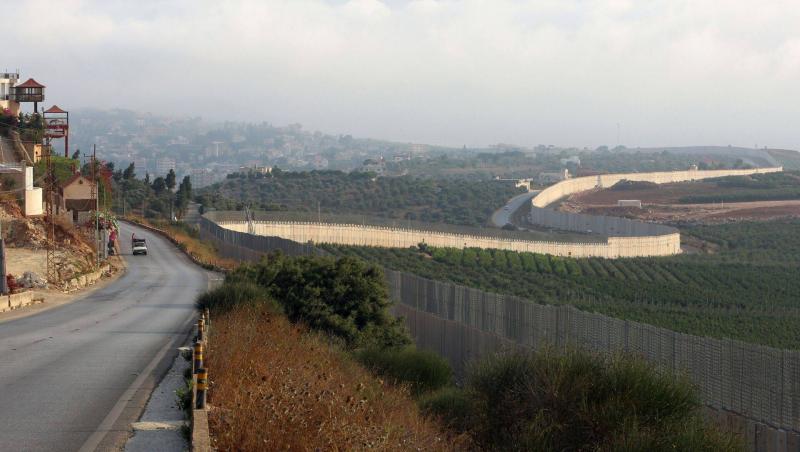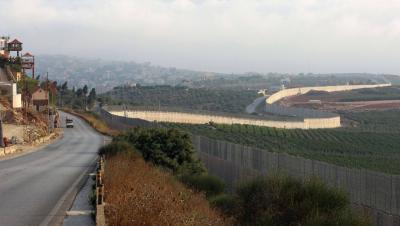In the current landscape of international and regional conflicts, ranging from Taiwan to Gaza, and from the Caucasus to Ukraine and Europe down to Africa, there are no overarching, open wars that suggest the approach of a new global conflict. The interests of major powers are not colliding to a degree that would prompt intense and decisive engagements, nor are the strategic military and economic balances equal enough for participants to feel capable of breaking the relatively prevailing unipolarity for the time being.
Against this fluctuating international backdrop, and despite ongoing tensions that are subject to pragmatic understandings, the conflicts in the Middle East, from Bab al-Mandab to southern Lebanon, Syria, Palestine, and Iraq, seem to be aligned with a rhythm of negotiation—both public and secretive—merely recording isolated points on various fronts, even at the cost of thousands of victims. No observer can be deceived by the headlines of resolution and slogans of victory, balance-breaking, and map-changing. Israel is caught amid the corners of its war, struggling to meet its objectives in Gaza, which it could turn into a scorched earth but is nonetheless bound by realistic and possible settlements and solutions, whether it advances toward Rafah or retreats, whether the "Ramadan truce" is revived or shelved, and whether the U.S. administration changes or continues, and whether Netanyahu and his team remain or step down.
Iran, meanwhile, continues to rein in its arms in Iraq and Syria, calibrating its "occupations" in the Gulf and the Red Sea, and exercising caution on its eastern and northern borders. Its agenda aims to remain within the warm embrace of Biden to avoid the chill of Trump, hoping to sustain the vitality of its nuclear file on one hand, and its external (Arab) spheres of influence on the other.
It is notable that Iran’s favored and valuable arm in Lebanon, "Hezbollah," serves as the advanced operational shield on the final front that Tehran can maneuver to extract any new price or at least protect any old gains. However, the deployment of this arm—its size, method, range, and effectiveness as observed over the past five months—has not yielded any qualitative or quantitative additions, nor has it provided any meaningful military, political, or strategic significance. It seems merely a folkloric exercise soaked in the blood of hundreds of Lebanese, covered by the rubble of their homes.
Thus, no observer can ignore the fact that "Hezbollah" has become entangled in its own traps; it is neither adventurous enough to escape forward into an open war that would be the fiercest confrontations nor willing to retreat toward a described defeat. This is why we see it struggling to deal with the ideas of mediators, such as Hochstein and others, and mostly clinging to silence under the rigid slogan: the priority of a ceasefire in Gaza.
It is no longer a secret that there is harsh discussion within its leadership between a rational team favoring a settlement beginning in the south and ending inside, even if it involves painful concessions, and a hardline team still saturated with previous cancellation slogans that lives on the glories of "April Understanding," "2000 Achievement," and "July War," interpreting these glories through a leniency over Lebanon’s governance.
Recent signs of flexibility shown by the leadership regarding domestic political matters—including attempts to repair relations and the debris of the "understanding" with former President Michel Aoun, and moving toward revitalizing contacts with Bkerki, reaching out to other parties—reflect a recognition of the harm caused by closure and monopolization of the war and confrontation decisions, falling between the hammer of the interior and the anvil of the south. They now realize that their weapon is no longer above criticism and accountability, neither with the Lebanese nor the world. The public and political sentiment has moved beyond the temporary patchwork slogan of "conflict linkage," which over 15 years, formed a recipe for the state's collapse.
It is now expected that an Iranian "advice" or "legal assignment" from the authority will emerge, calling for lowering ceilings—first in the south so that "the party" accepts an unpartial and unblemished implementation of Resolution 1701 in terms of evacuating the UNIFIL operational zone and the Lebanese army of its elements and weapons post-ceasefire, in exchange for the return of displaced persons on both sides and the stabilization of land borders, paving the way for a subsequent phase that will complete the application of Resolutions 1559 and 1680 which form the deep and solid fabric of its context.
Secondly, in the interior, by resolving the knot of "our candidate and no other" to facilitate the initiative of the "National Moderation Bloc," supported by the Arab and international quintet committee and parliamentary blocs.
Of course, this balanced dual settlement between the south and Beirut would rationalize and streamline political sizes, breaking the equation of the empowered and the weakened, and restructuring the political life through the re-establishment of the three constitutional authorities starting from the head of state and moving away from constitutional anomalies like the blocking third and the notorious "triple" and exclusivity of certain portfolios and misinterpretations of representational rights and "national unity" governments.
It is apparent that re-experiencing these anomalies will face widespread rejection across regions and sects, under the threat of moving toward formulations of new national life in the event of a deal to revive those "intrusive customs."
The question remains: Will the potential Iranian "assignment" compel the leadership of "Hezbollah" to regain Lebanon's peace, regardless of the outcome of the Gaza war and the resolution of the Palestinian issue? Or is Lebanon still a field of experiments and negotiations over prices on the Iranian agenda?
The certainty is that the period after October 8, 2023 (the onset of the support and distraction war) is fundamentally different from the phase preceding it, marked by phrases like "removing existence" and "divine victories" and historical missions for the "Quds Brigades." The current moment belongs to the pragmatic approach, reflecting the intersection of American interests.




